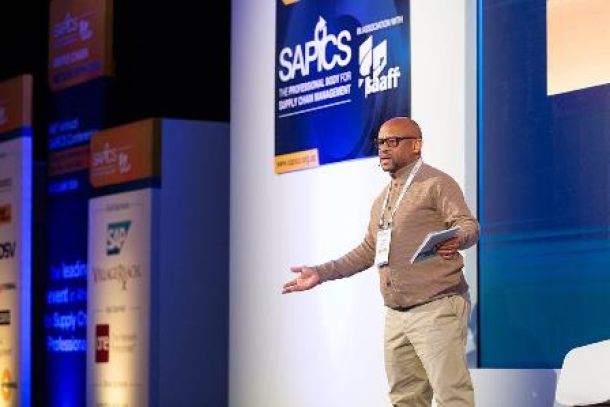
Supply chain practitioners urged to attend sustainability masterclass
A company’s supply chain is responsible for most of its environmental impact. Global supply chains account for more than 90% of the impact on air, land, water, biodiversity and geological resources, and they are responsible for more than 80% of greenhouse gas emissions.
These are some of the reasons why it is imperative to build sustainable supply chains, stresses SAPICS, The Professional Body for Supply Chain Management.
To equip supply chain professionals with the skills and know how to do this, the organisation has lined up a not to be missed masterclass. Facilitated by SAPICS director and supply chain specialist Karen Pretorius, this two-day workshop is being offered in partnership with the United States-based Association for Supply Chain Management (ASCM), to which SAPICS is affiliated.
The online masterclass, which takes place on 27 and 28 September 2024, will unpack key sustainability concepts and explore how they relate to supply chains. “It is crucial for supply chain practitioners to understand and apply sustainability. It is much more than being green. It is about making sure that every business decision you make is geared towards ensuring that your business and our planet is there for us and for generations to come,” Pretorius stresses.
In the masterclass, she will discuss the challenges as well as sustainability risks for supply chain professionals. How the concepts of net zero, the triple bottom line and materiality apply within supply chain management will be explored, along with greenhouse gas emissions and “Sustainable Development Goals”.
While sustainable supply chains are good for people, the environment and the planet, Pretorius notes that they are good for business, too. “Incorporating sustainable supply chain management helps improve an organisation’s productivity, company partnerships and branding, while promoting a positive work culture, mitigating risk and making the company more competitive.
“Across the globe, corporations are pledging to work only with first tier suppliers who are committed to supply chain sustainability, and who ask the same from their suppliers. Consumers, too, are increasingly concerned about organisations’ commitment to sustainability. Research shows that they want to buy products that are responsibly sourced or manufactured, and that support biodiversity. An interesting trend is their growing interest in businesses’ carbon footprints.
“While transitioning to more sustainable supply chain management has its challenges, following proven best practices will help ensure a smooth process from end-to-end while benefiting both the planet and your bottom line,” Pretorius says.
She explains that some of the challenges in sustainable supply chain management include costs, the need for new frameworks and processes, and a mindset shift. “Being prepared for the hurdles that may lie ahead will better equip you with the tools and tactics you need to make a successful transition to sustainable supply chain management,” she states.
To learn more, or register for the “Building a Sustainable Supply Chain – Best Practices and Solutions” masterclass, go to: https://sapics.glueup.com/event/114625/
Related Articles

In a nutshell: Women in Utility Management: A W...

NWK Partners with BCX and Q-KON to Enhance Comm...

Pnet turns 27 – Here are our Top 3 Lessons for ...

New adumo Partnership Programme Tackles Payment...


